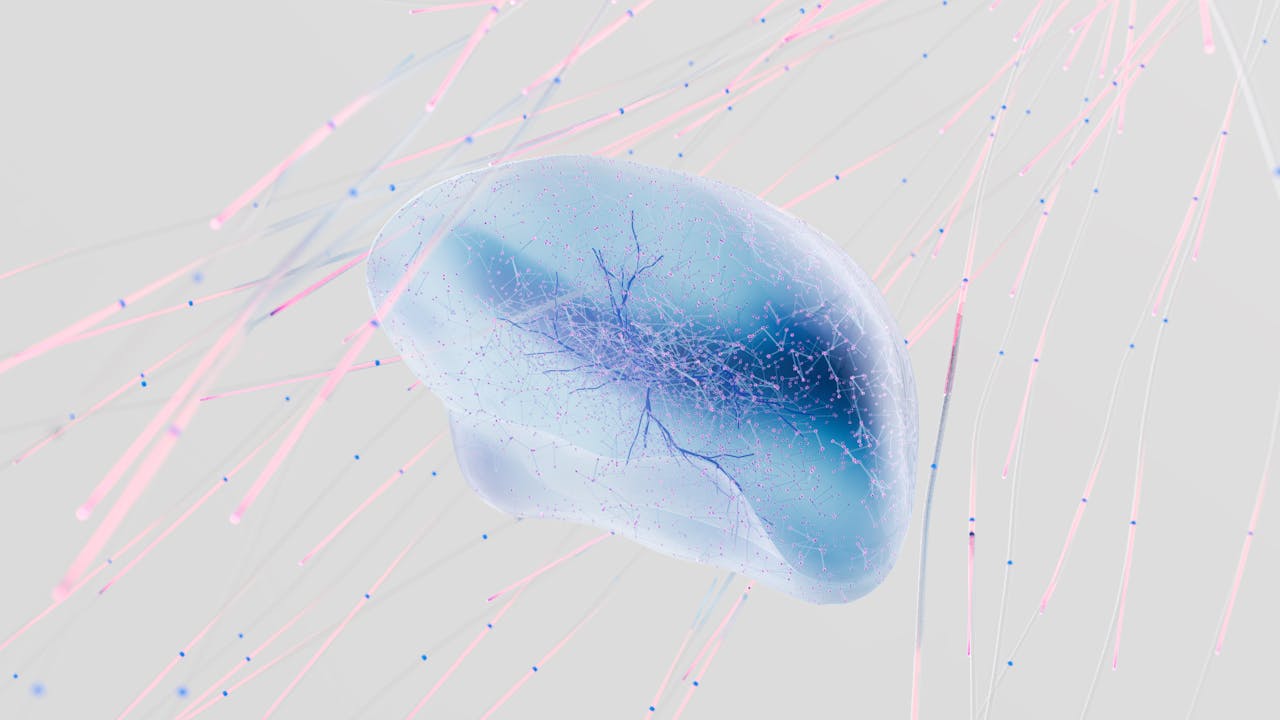Experts
Scientists Study Longevity in the body of a 115-year-old Woman
Centenarians are an extremely rare group of people. Unlike the majority of the public, these people live well into their 100s with relatively good mental health. Even though researchers are not sure why certain people live significantly longer than others, they believe that by studying centenarians, they could potentially find the key to longevity. In a new study, Dutch researchers examined the body of 115-year-old Hendrikje Van Andel-Schipper.
At the time of her death in 2005, Andel-Schipper was the oldest person to donate her body to science. Her body fell in the hands of researchers headed by Dr. Henne Holstege at the VU University Medical Center located in Amsterdam, The Netherlands. Back in 2010, the research team had sequenced Andel-Schipper's genome looking for answers to explain her longevity. Now, in the team's most recent study, the researchers specifically looked for gene mutations.
Gene mutations occur when stem cell division is abnormal. Typically, stem cells divide into different types of blood cells. However, during the division process, a mutation could occur, which would affect the function of the cells and lead to diseases, such as cancer. When studying Andel-Schipper's body for gene mutations, the researchers discovered that she had hundreds of genetic mutations in her white blood cells. The team then examined her stem cells.
Researchers have long estimated that the human body starts of with around 20,000 stem cells. Of that number, 1,300 are active. Andel-Schipper only had two active stem cells, which is extremely low. The researchers then looked at the length of the telomeres present in her blood cells. Telomeres, which shorten with age, have been linked to lifespan. Andel-Schipper's telomeres were also extremely short.
"At first I could not believe that it was true. I thought it must be a technical error. It cannot be true that this person can still be alive with two stem cells," explained Holstege according to TIME.
Based on the findings regarding her stem cells, the researchers concluded that the key to long-life could be rooted in stem cells. The researchers stated that stem cells appear to have an expiration date. The researchers believe that after a certain amount of years, instead of dividing into other cells, the stem cells die from division exhaustion. Division exhaustion could explain why people die of old age. The team concluded that by keeping stem cells alive and working properly, people might be able to live longer. However, more research needs to be done in order to see if this link between stem cell and long life really exists.
"We need to analyze the genomes of more individuals just as special as Mrs. van Andel-Schipper: cognitively healthy and extremely old," Dr. Holstege stated.
The study was published in Genome Research.









Join the Conversation